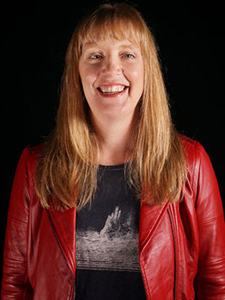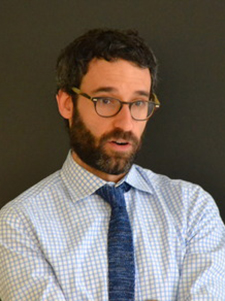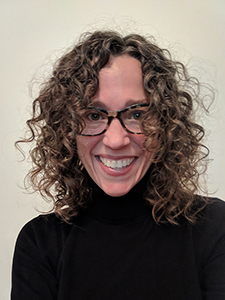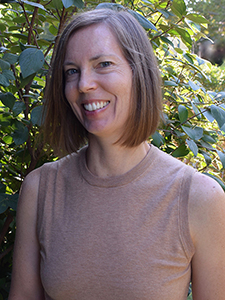Happy New Year 2019. As we start a new year and a flurry of new activity and grounded action, we are also launching our blog to document what we’re doing, what’s been happening and what’s coming up, and share what we value in the hope that it is useful to you too!
The Livable Futures project grew out of three allied projects funded by Ohio State’s Discovery Themes initiative, an effort by the Provost’s office to catalyze collaboration and interdisciplinary research addressing “grand challenges” and seemingly impossible to solve problems. Jenny seeded our efforts with her Human Rights in Transit project, Tommy and Mary headed up Environmental Humanities efforts and Norah created the Collaboration for Humane Technologies with her co-conspirators at ACCAD. We held a series of reading rooms and embodied practice events last year called “The Problem of the Human” that helped us to gather thinkers and makers and doers around decentering the human even as we struggle for survival on the planet. We pick up from there as we launch into the Livable Futures projects and gatherings. Join us!
Norah Zuniga Shaw
Co-Director
With a background in choreography and environmental science, Norah is an interdisciplinary artist working in a blend of mediums and genres from live sound and movement performance, to data visualization, film, interactive media installations, virtual reality, writing, artist walks and participatory theater. At heart, she is deeply interdisciplinary and finds that her best work involves collaboration and the successful leadership of creative teams.
Thomas S. Davis
Co-Director
Thomas began his academic career as a scholar of midcentury modernism, and was initially fascinated by the dialectical relay between the aesthetics of everyday life in late modernism and the large-scale shifts happening in the world system between the 1930s-1970s. That research resulted in his first book, The Extinct Scene: Late Modernism and Everyday Life (Columbia UP, 2016) and a batch of essays in Twentieth Century Literature, Textual Practice, Literature Compass, and several edited volumes. He became increasingly interested in the aesthetics and politics of energy as he finished that book. Those interests have pushed his current research fully into the emerging fields of Environmental and Energy Humanities.
Mary Thomas
Co-Director
Mary’s scholarship examines the attachments people have to social, racial, sexual, and gender divisions. She has examined these processes of attachment in a range of contexts, including among teenage girls after a racially-motivated large scale fight at their high school, among oil field workers and town planners in western North Dakota, and in juvenile detention facilities and adult men’s prisons in Ohio. Her academic training as a feminist and a geographer grounds an understanding of marginalization as experienced and perpetuated through nuanced relations in specific places and spaces.
Jennifer Suchland
Co-Director
Jennifer’s research and ethical commitments are to a critical study of law and rights categories as they are culturally and transnationally entangled. This research is focused on the evolution of global women’s rights discourses, in particular the formation of the composite category called “violence against women.” She has traced shifts in development discourses as the countries undergoing capitalist transition were incorporated into and helped reshape global precarity. Her research traversed the archives of the United Nations, U.S. congressional hearings, and years of fieldwork in Russia and Europe.




